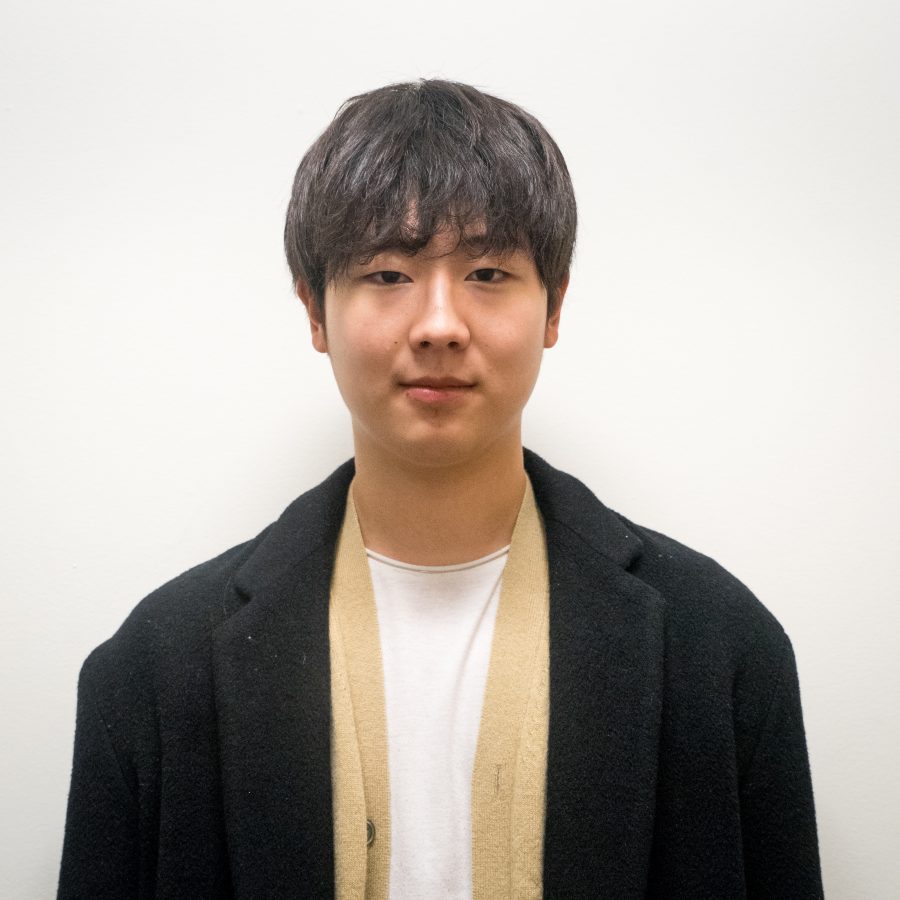South Korean men must serve in the military. This has been the case since the Korean War, after which young Korean men 18 and older have to enter military service for 20 months or more. After serving, these men must adjust to civilian life, either by going back to school or by finding a job. Yet the difficult transition warrants the implementation of an incentive system after serving — such as GPA cushions and priority housing — to help ex-soldiers adapt to their new environment. And universities with large populations of international students like NYU should be especially mindful.
In South Korea, military service incentives have been debated for decades. More recently, there has been a revival of demands for these service incentives that would benefit students and those seeking jobs after serving in the military. Incentives are usually academic, taking the form of extra points on exams that must be taken to secure government positions. The main argument is that the hard transition to society student soldiers face and their service to the country are reasons why their country must support them with this sort of legislation. Soldiers are away from academia for two years while serving, so demanding equal performance from veterans upon their return is unfair.
The issue of military service incentives becomes particularly relevant in the context of ex-soldiers wanting to study abroad at universities like NYU. These soldiers-turned-students — considered international students in the United States — would have to take lectures and exams in English soon after their service. The South Korean military operates in Korean, meaning that when enlisted, soldiers won’t have much exposure to English. When returning to school after service, they must therefore make the abrupt switch from processing everything in Korean to English. While there are of course Korean students who have been exposed to English extensively through international schooling and won’t have a problem picking it up again, most are at a severe disadvantage after having not spoken English for two years in the military.
The lack of English usage is not the only issue. The environment of the South Korean military, despite improvements, has resulted in numerous cases of mental or physical damage to soldiers during their service. For example, a South Korean news outlet reported that a soldier from the Republic of Korea Army Special Warfare Command was being tortured by a higher-ranking official. A different news publication reported that when an officer caught a soldier eating bread, that soldier was forced to consume 6,300 calories of bread among copious amounts of other foods per day as punishment.
While NYU, a private university in the United States, isn’t obligated to give these benefits to students who have completed their duties as a citizen of another country, it’s NYU’s responsibility to provide an environment in which international students of any background can succeed. NYU has the highest number of international students out of any university in the United States and 20 percent of the class of 2020 are either Asian American or Asian. There are numerous Korean international students at NYU, which means that they either already have or will need to serve in the military, along with students from other countries that also have mandatory military service. NYU is a front runner of American education, especially in how it pursues diversity within the student population, so the university must take into account how these ex-soldiers adjust.
The most practical incentive for these ex-student soldiers is a GPA cushion for their first semester at NYU. Depending on the duration and timing of service, the incentive may vary. For example, the incentive should be tailored to match how long the ex-soldier had to adjust before the beginning of the academic year. Furthermore, students with shorter drafts should not get the same advantages as a student with a longer one. Moreover, depending on their position of service, the advantage should differ. For example, when a student serves in the Korean Augmentation to the United States Army, he will be able to speak more English and will gain experience closer to the United States, meaning that the GPA cushion won’t be as necessary.
Preferred housing placement for these ex-soldiers should also be a priority. Depending on their time of service, these students may be significantly older than those in their graduating class. Therefore, making the environment where these ex-soldiers do not feel like outliers is very important. Thus, advantages such as preferred housing can solve this situation. By placing these ex-student soldiers in the front during the housing selection process, these students can make choices that would help NYU feel like a home.
The transition period for one semester will serve vital for social and academic success. Students will have enough time and help to get used to their status as students without any duties and to the academic system in NYU. There is an increasing number of international students in the American education system. These implementations will serve as a stepping stone for NYU to be recognized as a model private university that respects the minority community of the college.
Opinions expressed on the editorial pages are not necessarily those of WSN, and our publication of opinions is not an endorsement of them.
Email Jeff Koo at [email protected].


























































































































































